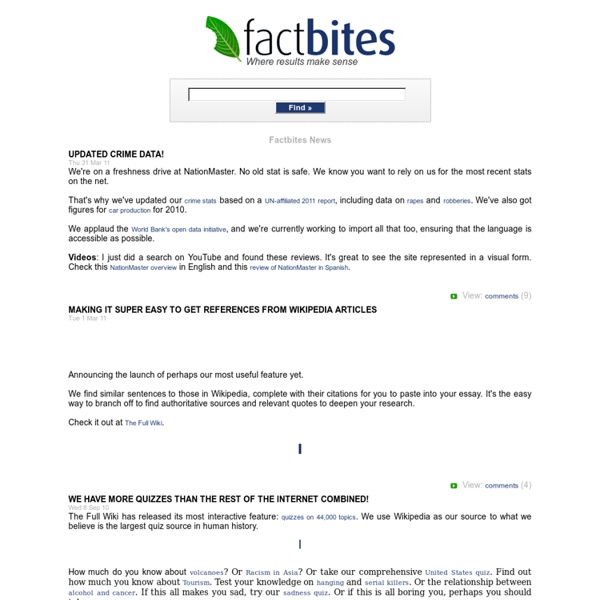



Free Book Search Free Book Search's document search tool is designed to return the maximum number of online documents from specific types of websites as per the users' choice. We have made this search portal very robust so that using the tools on this page, if a document exists somewhere - even hidden away - on the Internet, you will find it here. This is one of the only online tools that will actually find books and documents on non-book sites. Images from the History of Medicine (IHM) Images from the History of Medicine (IHM) provides access to over 70,000 images in the collections of the History of Medicine Division (HMD) of the U.S National Library of Medicine (NLM). The collection includes portraits, photographs, caricatures, genre scenes, posters, and graphic art illustrating the social and historical aspects of medicine dated from the 15th to 21st century. The records from the Images from the History of Medicine database are also searchable in LocatorPlus. This database assists users in finding and viewing visual material for private study, scholarship, and research. This site contains some materials that may be protected by United States or foreign copyright laws.
Quintura - visual search engine Quintura - visual search engine Quintura - visual search engine for hotels ⚫ London hotels ⚫ Manchester hotels ⚫ Liverpool hotels ⚫ Bournemouth hotels 10 Search Engines to Explore the Invisible Web Not everything on the web will show up in a list of search results on Google or Bing; there are lots of places that their web crawlers cannot access. To explore the invisible web, you need to use specialist search engines. Here are our top 12 services to perform a deep internet search. What Is the Invisible Web? Before we begin, let's establish what does the term "invisible web" refer to?
HowStuffWorks "How Internet Search Engines Work" When most people talk about Internet search engines, they really mean World Wide Web search engines. Before the Web became the most visible part of the Internet, there were already search engines in place to help people find information on the Net. Programs with names like "gopher" and "Archie" kept indexes of files stored on servers connected to the Internet, and dramatically reduced the amount of time required to find programs and documents. In the late 1980s, getting serious value from the Internet meant knowing how to use gopher, Archie, Veronica and the rest. Today, most Internet users limit their searches to the Web, so we'll limit this article to search engines that focus on the contents of Web pages. Before a search engine can tell you where a file or document is, it must be found.
File Crop Find an Intentional Community - Communities Directory - Search The Intentional Communities Directory is part of the Intentional Communities website, a project of the Fellowship for Intentional Community (FIC). Intentional Communities can update their listings online so you get the most up to date information possible. You can add your community now. If you are looking for an intentional community, ecovillage, cohousing, commune, co-op, or other cooperative living arrangement, browse through our community lists – geographic, or by type of community (ecovillages, communes, cohousing, co-ops, or christian), look at our maps, or search our database.
100 Useful Tips and Tools to Research the Deep Web By Alisa Miller Experts say that typical search engines like Yahoo! and Google only pick up about 1% of the information available on the Internet. The rest of that information is considered to be hidden in the deep web, also referred to as the invisible web. So how can you find all the rest of this information? This list offers 100 tips and tools to help you get the most out of your Internet searches. 99 Resources to Research & Mine the Invisible Web College researchers often need more than Google and Wikipedia to get the job done. To find what you're looking for, it may be necessary to tap into the invisible web, the sites that don't get indexed by broad search engines. The following resources were designed to help you do just that, offering specialized search engines, directories, and more places to find the complex and obscure. Search Engines Whether you're looking for specific science research or business data, these search engines will point you in the right direction. Turbo10: On Turbo10, you'll be able to search more than 800 deep web search engines at a time.
WWW-VL: World History Index and History Central Catalogue News In Memoriam Lynn H. Nelson (1931-2012), the creator of CARRIE and the WWW-VL History Central catalogue: Remembering Lynn H.Nelson, Pioneer Digital Historian OWL Coming Soon: A new look for our same great content! We're working hard this summer on a redesign of the Purdue OWL. Worry not! Our navigation menu and content will remain largely the same. If you are having trouble locating a specific resource, please visit the search page or the Site Map.